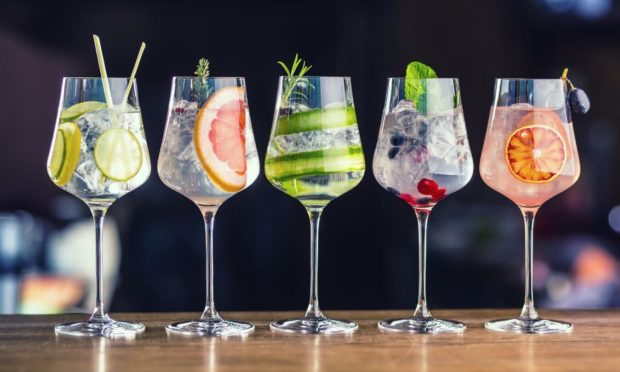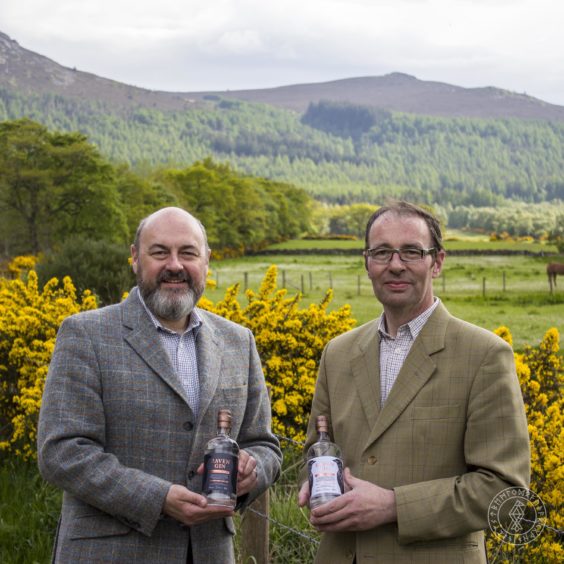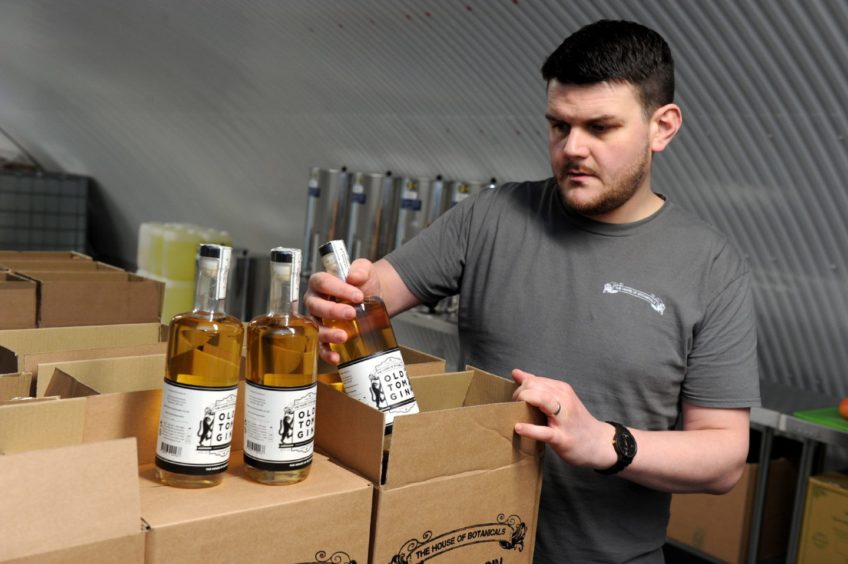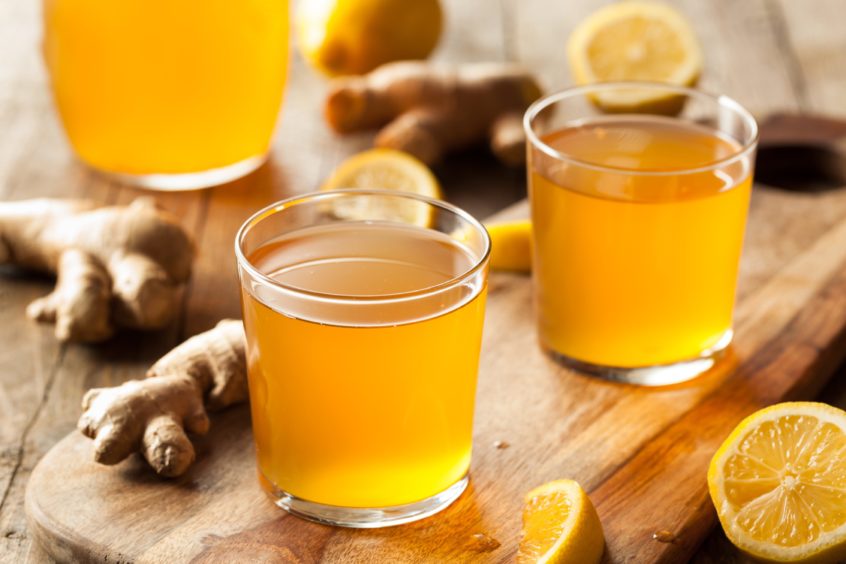North-east Scotland is home to a thriving and diverse drink industry.
Businesses large and small produce everything from whisky, gin, rum and absinthe to beer, cider, non-alcoholic drinks and water.
Peter Cook, director of food, drink and agriculture at economic development partnership Opportunity North East (One), said: “Drinks now account for almost a quarter of the region’s £2.2 billion turnover food and drink industry.
“Producers are prominent participants in our business growth, market development, leadership and food tourism programmes.”
He added: “The sector is busy and very innovative – in its products, processes and marketing.
“Consumer tastes are constantly evolving so, in partnership with Scotland Food & Drink, One will be working with businesses to use insights and foresight to identify the opportunities and then create premium, on-trend products.
“Also to provide market development support to get these to consumers in high-value markets.
“In addition, we are focusing on net-zero resource efficiency and low-carbon production – retailers and consumers now expect it.
“Sustainability demands lots of innovation in production processes, packaging and distribution, and will deliver environmental and commercial benefits.”
Consumer tastes are constantly evolving.”
Peter Cook, Opportunity North East
Market development, innovation and sustainability are key issues for businesses across the sector.
Raven Spirits, founded by brothers Callum and Peter Sim in 2018, produces the Hrafn premium Scottish gins, distilled on Deeside.
Callum Sim said: “We started exporting in our first year and more than 70% of our sales have been international.
“We now aim to increase our presence in the UK, targeting premium retail. We are in the process of securing Salsa (Safe and Local Supplier Approval) accreditation to support that.
“Consumers are more interested in buying local and sustainability than before.”
Innovation is vital in the busy gin category. Time put into new product development saw Raven launch two new products this summer – Valkyrie, a lighter style, and Cranachan, a raspberry gin.
The latest Hrafn gins remain authentic to the brand, with natural flavours and locally sourced ingredients. The fruit is from Barra Berries, the oats come from Alford and the heather honey is also local.
Fierce Beer’s thirst for success
Eco-friendly food and drink business growth will create new jobs on Harris
Established in 2009 and said to be the oldest bartender-owned brand in the UK, The House of Botanicals in Aberdeen is home to Old Tom Gins, the Dr Adam’s Cocktail Bitters, and the Italian influenced Pietro Nicola range of liqueurs, Amari and fortified wine.
Run by Adam and Steffie Elan-Elmegirab, the business operates with a zero-waste ethos and ethically sources its raw materials.
Mr Elan-Elmegirab said: “The on-trade was the original focus for our range. The pause created by the pandemic gave us time to think, focus and rebalance what we do in terms of trade, retail and direct sales.
“Our products are in bars worldwide, and we are now looking at major retail as another channel.
It has been fascinating to connect with a different demographic and adjust our marketing to suit new audiences.”
Adam Elmegirab, The House of Botanicals.
“We are exploring securing a venue in Aberdeen because people are looking for new, high-quality drinks experiences that combine products with knowledge and insights.
“Customers are also interested in the bar tools and accessories we use, which made us think about the range of products we sell online.
“It has been fascinating to connect with a different demographic and adjust our marketing to suit new audiences.”
Non-alcoholic drinks enjoying a boom
Non-alcoholic drinks are one of the fastest growing market segments in the UK.
Raw Culture, co-founded by Chris Geary and Ashley Keenon in 2020, is “on trend” for the growing health and wellness sector and consumers’ desire for non-alcoholic drinks.
The firm launched its first hop-infused craft kombucha – a sparkling tea-based soft drink – at the end of July and has five more flavours in the pipeline.
Britain’s kombucha market is forecast to reach £126 million by 2025. Raw Culture is one of only six producers in Scotland.
Mr Geary said: “We took the time to make the best product we can. We’ve been overwhelmed by the positive feedback since we launched and have been sending out direct sales as far as London.
“The next steps are ramping up our marketing campaign and scaling production to get the full range out to consumers.”
‘The timing is right’
Mr Keenon added: “Our kombucha is naturally low in sugar and full of probiotics, antioxidants and vitamins.
“The timing is right for Raw Culture’s craft kombucha because people want rewarding, non-alcoholic drinking experiences, and consumers are more health-conscious than ever, wanting to reduce sugar intake and keen to support local.”
Drink businesses including City of Aberdeen Distillery, House of Botanicals, Esker Spirits, Brew Toon, Burnside Brewery, Lost Loch Distillery and Six Degrees North are all taking part in the region’s first Provenance Festival from now until October 3.
The One-led festival allows people to discover food and drink at source and celebrates high quality, signature products from across the north-east.




